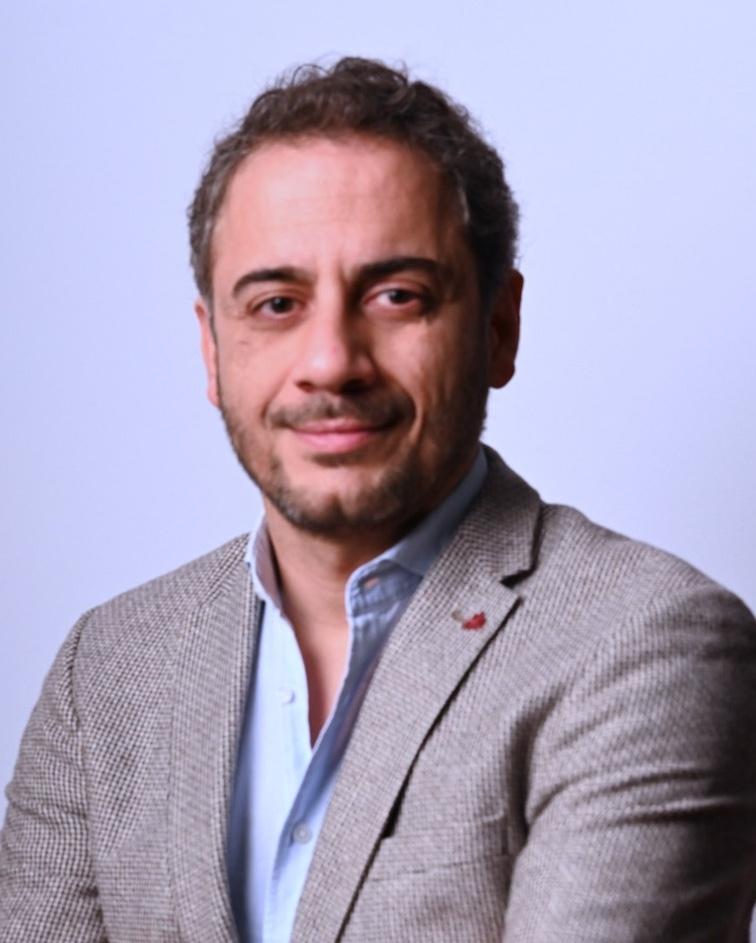Prof. Dr. Joaquin Jimenez-Martinez

Prof. Dr. Joaquin Jimenez-Martinez
Lecturer at the Department of Civil, Environmental and Geomatic Engineering
Additional information
Research area
My research focuses on the study of transport, chemical reaction phenomena, and microbial behavior in porous and fractured media, particularly in multiphase systems. I tackle these problems mainly by experiments performed over scales ranging from micromodels to field scale, and blending them with theory and modeling.
Education
2005-2010 PhD in Subsurface Hydrology at Technical University of Catalonia, Barcelona, Spain
2007 Certificate of Advanced Studies in Geotechnical Engineering (MSc) at Technical University of Catalonia, Barcelona, Spain
1999-2004 Diploma in Geology (BSc) at University of Granada, Granada, Spain
Professional Experience
since 2024 Adjunct Professor at the Department of Civil and Environmental Engineering, ETH-Zurich, Zurich, Switzerland.
since 2016 Research Scientist (Group Leader) at Swiss Federal Institute of Aquatic Science and Technology, Eawag, Debendorf, Switzerland.
2016-2024 Lecturer and Research Associate at the Department of Civil and Environmental Engineering, ETH-Zurich, Zurich, Switzerland.
2016-2019 Guest Scientist at Los Alamos National Laboratory, Los Alamos, New Mexico, US.
2014-2016 Post-doc Research Associate at Earth & Environmental Sciences Division, Los Alamos National Laboratory, Los Alamos, New Mexico, US.
2012-2014 International Chair on Environment and Innovation (Fondation Rennes 1) at Geosciences Rennes, CNRS – University of Rennes 1, Rennes, France.
2010-2012 Post-doc researcher at Geosciences Rennes, CNRS – University of Rennes 1, Rennes, France.
Membership
| Since | Membership |
|---|---|
| 2021 | World Food System Center |
Additional information
Subsurface Environmental Processes Group — SEP Group
The main objective of our research is to quantify the links between the physical heterogeneity of subsurface environments, including porous and fractured media, the heterogeneity of the resulting flow fields, and the effective transport behavior, including solute dispersion, mixing, and (bio-)chemical reactions. We tackle these problems using both experiments — performed over scales ranging from micro to field scale — and (numerical and theoretical) modeling. The environmental and industrial applications of our research include the study of the impact of climate change on groundwater resources, remediation of polluted sites, nuclear waste storage, geothermal energy, geological sequestration of CO2, recovery of hydrocarbons, and hydraulic fracturing.
Course Catalogue
Autumn Semester 2025
| Number | Unit |
|---|---|
| 102-0455-AAL | Groundwater I |